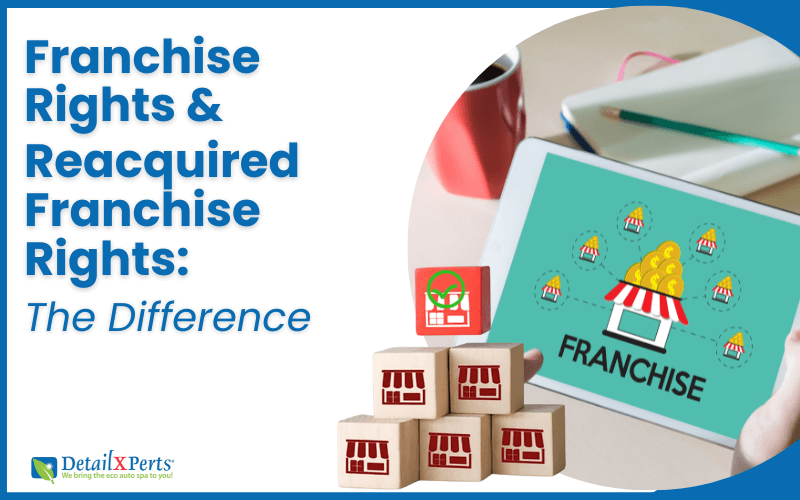One of the most important factors when starting a business is startup cost. However, even with the right money, you cannot operate a business without meeting franchise regulations. So what do you need to know?
What Is a Franchise?
In the United States, the term “franchise” has a specific definition and a business must meet 3 specific requirements to be considered a franchise legally. According to the FTC Rule 436, those are:
The business uses a common name or trademark.
The presence of “significant operating control” or “significant operating assistance.”
A mandatory payment of more than $500 in the first six months of operation by the franchisee. This includes royalty, initial, and other startup fees.
Franchise Regulations to Know
16 CFR Parts 436 and 437
This is a franchise regulation put into place by the Federal Trade Commission. This law helps out a potential franchisee by making it a requirement that they receive certain information from the franchise. The information has to be enough for the prospective purchaser to weigh the pros and cons of the investment. Franchisors must provide a disclosure document containing 23 specific items of information about the offered franchise, its officers, and other franchisees.
This rule prevents potential investors from making poor, uninformed decisions. The regulation actually requires that the disclosure document is given 14 days before signing any agreement. In addition, this stops franchisors from taking advantage of potential purchasers. The regulation actually protects both parties from problems.
State Required Registration
Some states require a registration fee and the registering of the franchise’s FDD with the state government. This must be done before the franchise can even be sold. Normally, the states requiring the FDD registration typically contain stricter franchise regulations.
The reason some states demand the FDD is that the FTC’s Franchise Rule leaves compliance mostly up to the franchisors. In addition, by requiring the FDD registration, this allows the state to review and approve the document.
Form of Intent
While some states require FDD registration, others possess simpler franchise regulations. For example, South Carolina requires you to submit a form of intent before selling or offering a franchise. You might pay a fee depending on the state as well. In addition, a franchisor must still give prospective franchisees a copy of their Franchise Disclosure Document.
Different states have their own reasons for needing states to file form of intents. Using South Carolina as an example again, a franchise system with a registered trademark may claim exemption to their Business Opportunity Laws.
Violating Franchise Regulations
Penalties for violating franchise regulations range from fees to a ban from franchising. There is also the chance of having assets frozen as well as serving jail time. In certain states, the franchise agreement may also become nullified and payment in the form of damages to a franchisee may occur. The most common violations are not providing the FDD in the required amount of time and selling an unregistered franchise.
Other Regulations
Occupational Safety and Health Act
The Occupational Safety and Health Act is more of an overall standard for businesses on top of franchise regulations. OSHA exists to ensure safe working conditions. Thanks to OSHA businesses are able to be randomly inspected to make sure they meet standards. However, if a company fails they often must pay a fine.
OSHA Standards and Regulations
The first step in OSHA compliance is obtaining the proper licenses and permits to operate your business. Specifically more for car washes, this requires getting wastewater permits from EPA and OSHA.
No matter what franchise company you consider it is important to make sure that they themselves are meeting these franchise regulations. DetailXPerts is an eco-friendly auto detailing franchise that excels in safety and meets franchise regulations.
Interested in exploring the unique franchise opportunity that DetailXPerts offers? Sign up for our monthly newsletter to stay updated on all things franchise.





